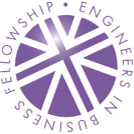Invent for the Planet – 2023
Back to Competitions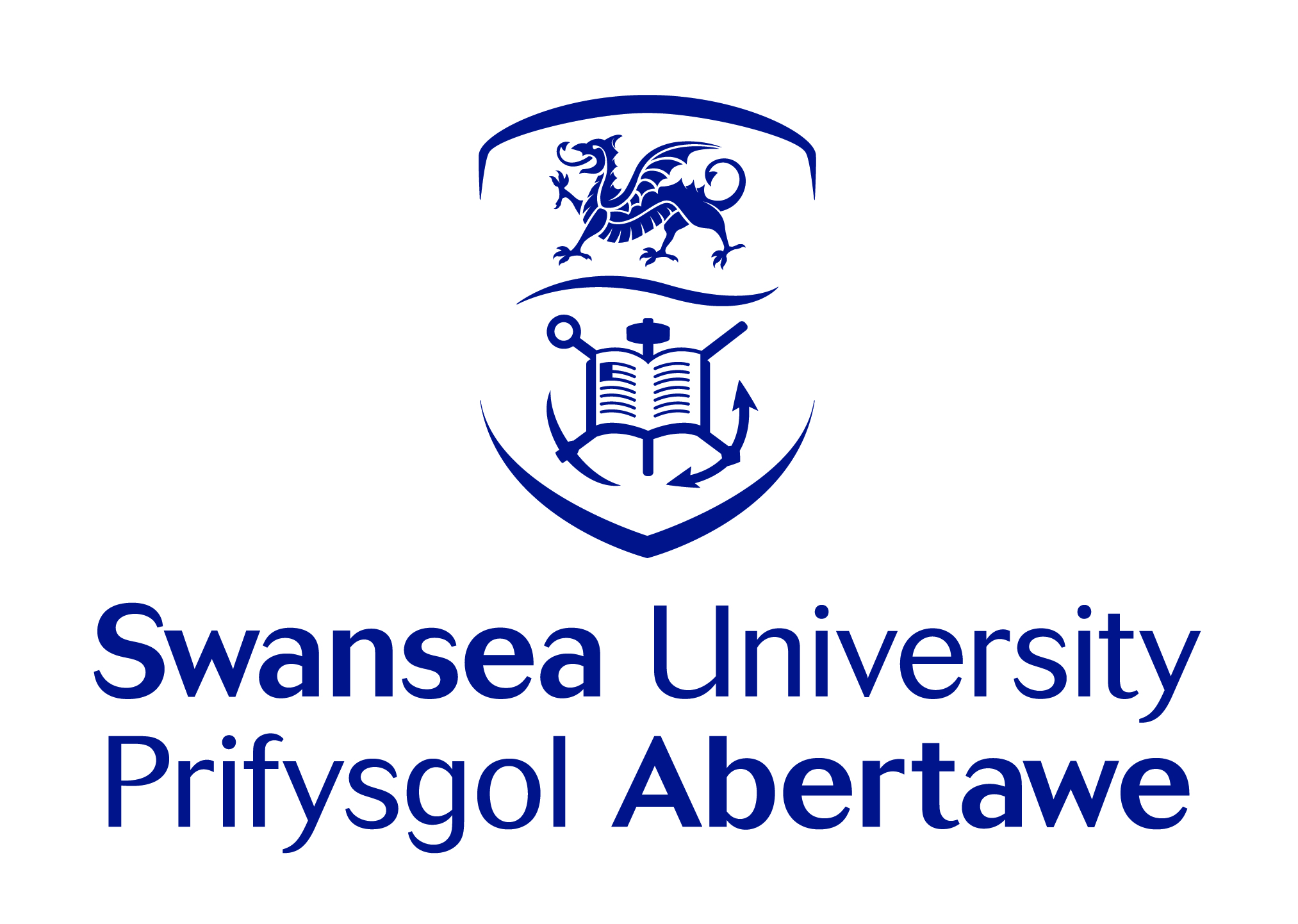 | Invent for the Planet (IFTP) is an innovation fostering 48-hour global collaborative hackathon, in which students from 27+ universities come together to tackle some of the biggest challenges facing our planet. Led by Texas A&M University is a long-established partner for Swansea and part of its Texas Strategic Partnership. Swansea is the only UK university invited to participate along with 21 universities in 15 countries (including Malaysia, Vietnam, Pakistan, Qatar, Greece, Finland, Chile, Brazil and USA) across 10 time zones and 4 continents. Over the 48 hours, students work in local teams and select a global challenge from a list of Needs Statements. They must research their world pressing problem, create a prototype, write a white paper and develop an elevator pitch which they present to a panel of judges. In 2023, 103 students from across the Faculty of Science and Engineering applied and 41 students were selected to partake, 17 of these completed the full 48-hour event. The ‘needs statement’ addressed in this competition included: access to clean water access, temporary housing in disaster zones and reducing food waste. |
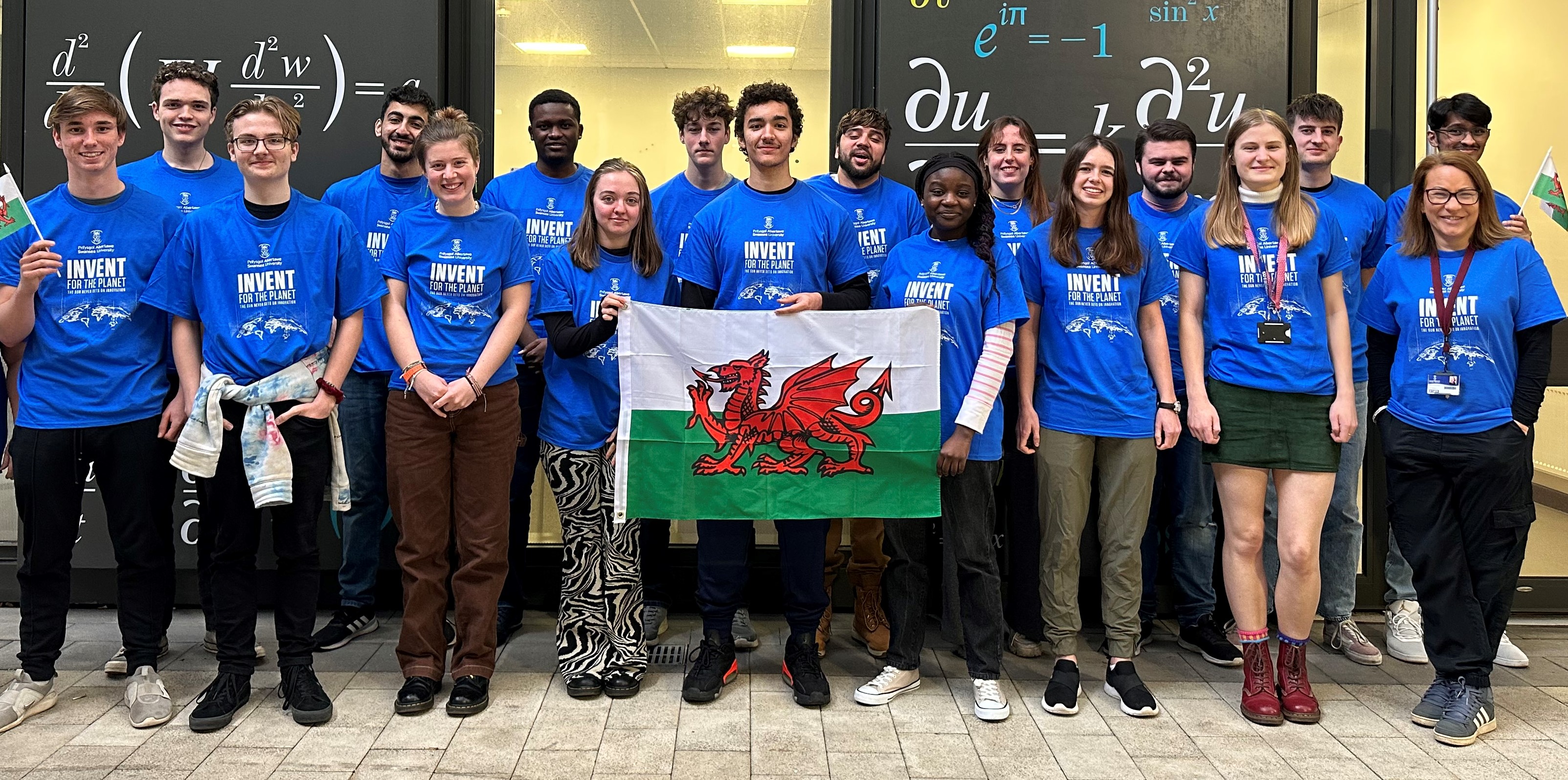
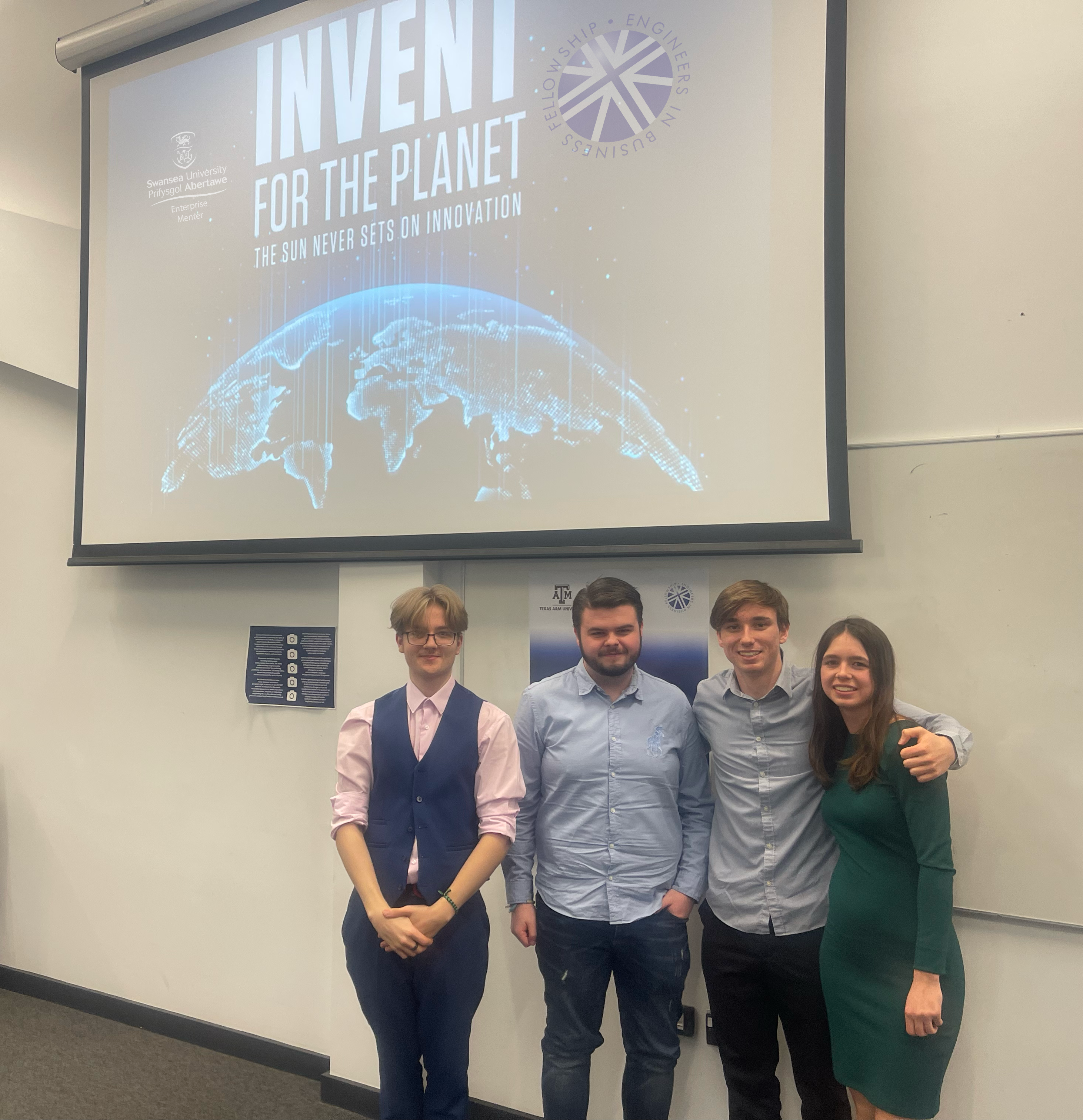
First Prize Winner: H2Grow
The H2Grow team comprises (left to right): Alex Henson, General Engineering; Oli Leslie-Golding, Physics, Matthew Coomes, Electromechanical Engineering and founder Rachel Simms, Electromechanical Engineering – £1,000 Engineers in Business Prize
H2Grow provided a solution to Need Statement 7, Clean Water and Sanitation: The core of the operation is the filtration system of the mechanism. They have chosen to implement a replaceable Reverse Osmosis (RO) filter as opposed to the other methods they considered – evaporation and bio-sand filtration. Evaporation requires a high input of energy to heat the water and produces pure H2O rather than potable water, lacking the necessary minerals for human consumption. Bio-sand filtration is a tedious process, requiring large amounts of time to filter water and clean the filter material. The reverse osmosis filter fits the needs of both low cost ($0.60 per filter) and removal of heavy metals and microplastics. The main drawbacks of using RO technology include the pressure required to filter the water out, which the team addressed via a hand crank to pump the water through the mechanism.
Since the culmination of Swansea University’s Invent for the Planet competition, the H2Grow team competed in the Invent for the Planet Global Grand Final at Texas A&M University and won the first prize of £5,000 on top of their Engineers in Business prize. H2Grow competed against seven other teams from the USA, Pakistan, Thailand and Qatar and presented to a panel of judges from academia and industry.
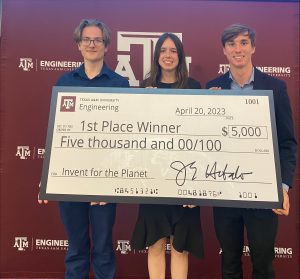
Alex Henson, Rachel Simms and Matthew Coomes
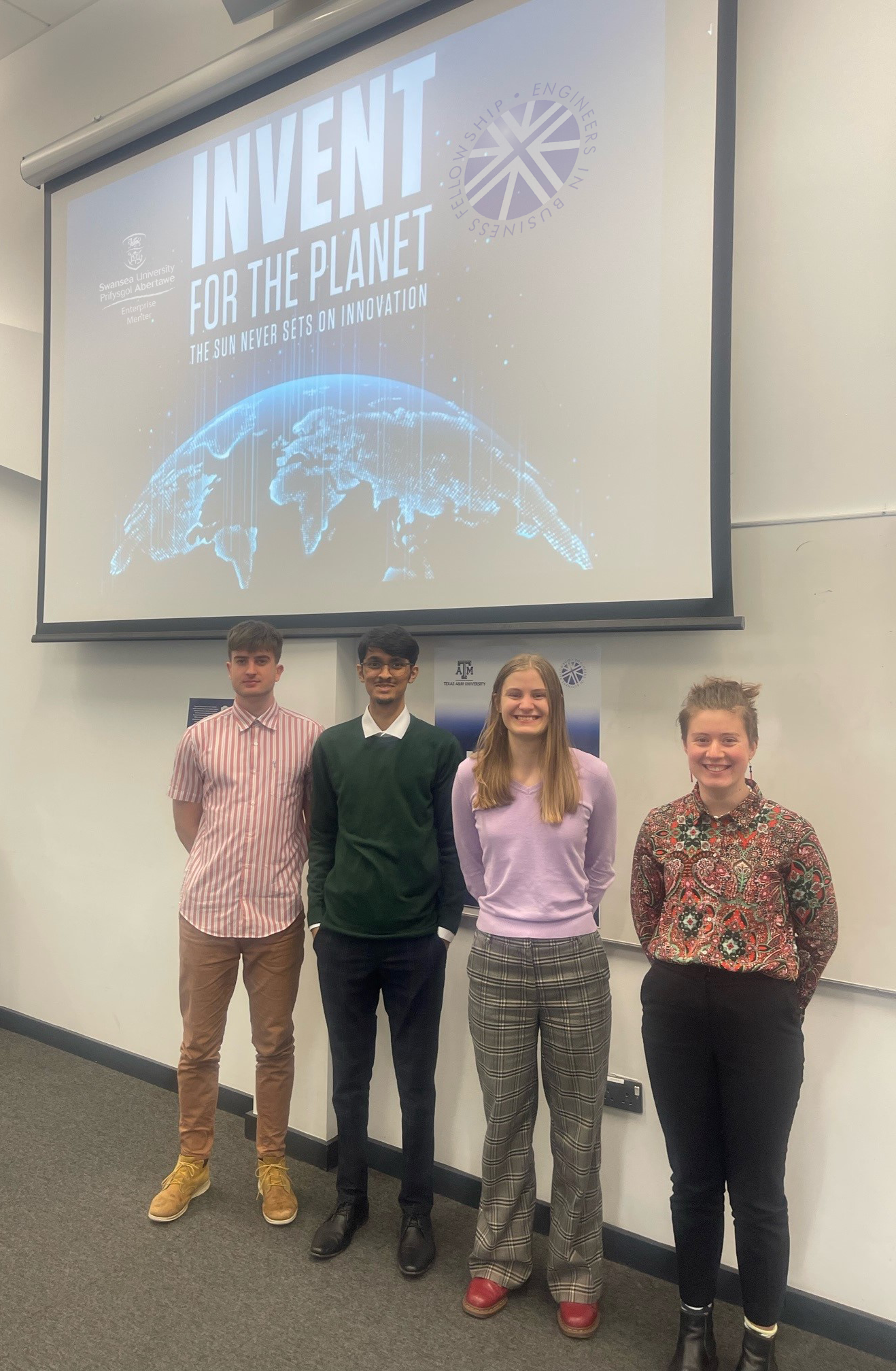
Joint 2nd Place: Octa House
The Octa Hosue Team comprises (left to right): Jacob Weems, Civil Engineering; Abdulahad Abdulraouf, Mechanical Engineering; Jemima Maxted, Mathematics and May Forgan, Mechanical Engineering – £500 Engineers in Business Prize
Octa House provided a solution to Need Statement 2, Temporary Housing: The proposed solution for the housing need statement was OctaHouse, an octagonal living space which can be folded up and transported in a shipping container. Everything required to create the OctaHouse would fit inside the container during transport. The container can then be reused as part of the living space for two octagonal living spaces. The octagons would be fitted to either end of the container which would feature living facilities. One of the walls of each octagon would feature a lockable door to create a private living space for a family of three to four people. Families with young children, the elderly, or vulnerable members will be the first to be offered living spaces.
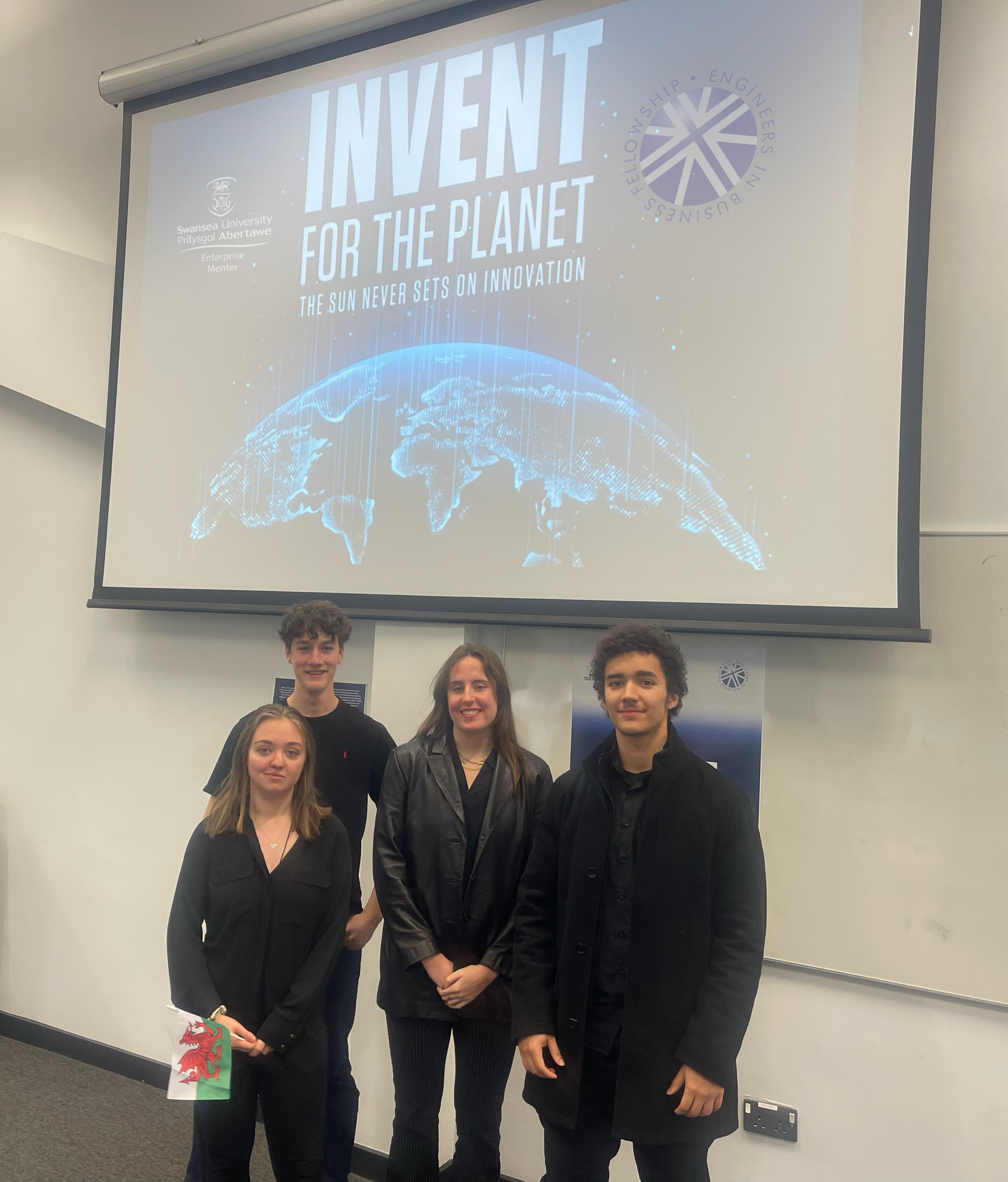
Joint 2nd Place: Savour.Saver
The Savour.Saver Team comprises (left to right): Harry Griffiths, Mechanical Engineering; Zoe Newman, Mechanical Engineering; Molly Cranch, Geography and Khalid Evans, Computer Science – £500 Engineers in Business Prize
Savour.Saver provided a solution to Need Statement 1, Food Waste. The proposed solution is a smart app called Savour.Saver. It will incorporate and improve tracking of expiatory dates, integrated shopping lists and recipes. The proposed app will impact consumer behaviour at a household level, particularly in developed nations where household food waste is the highest. The app will initially be focused on and trialled in the UK market as over half the food waste in the UK, around 8.3 million tonnes, is in the home (WRAP 2023), meaning that there is room for significant improvement.
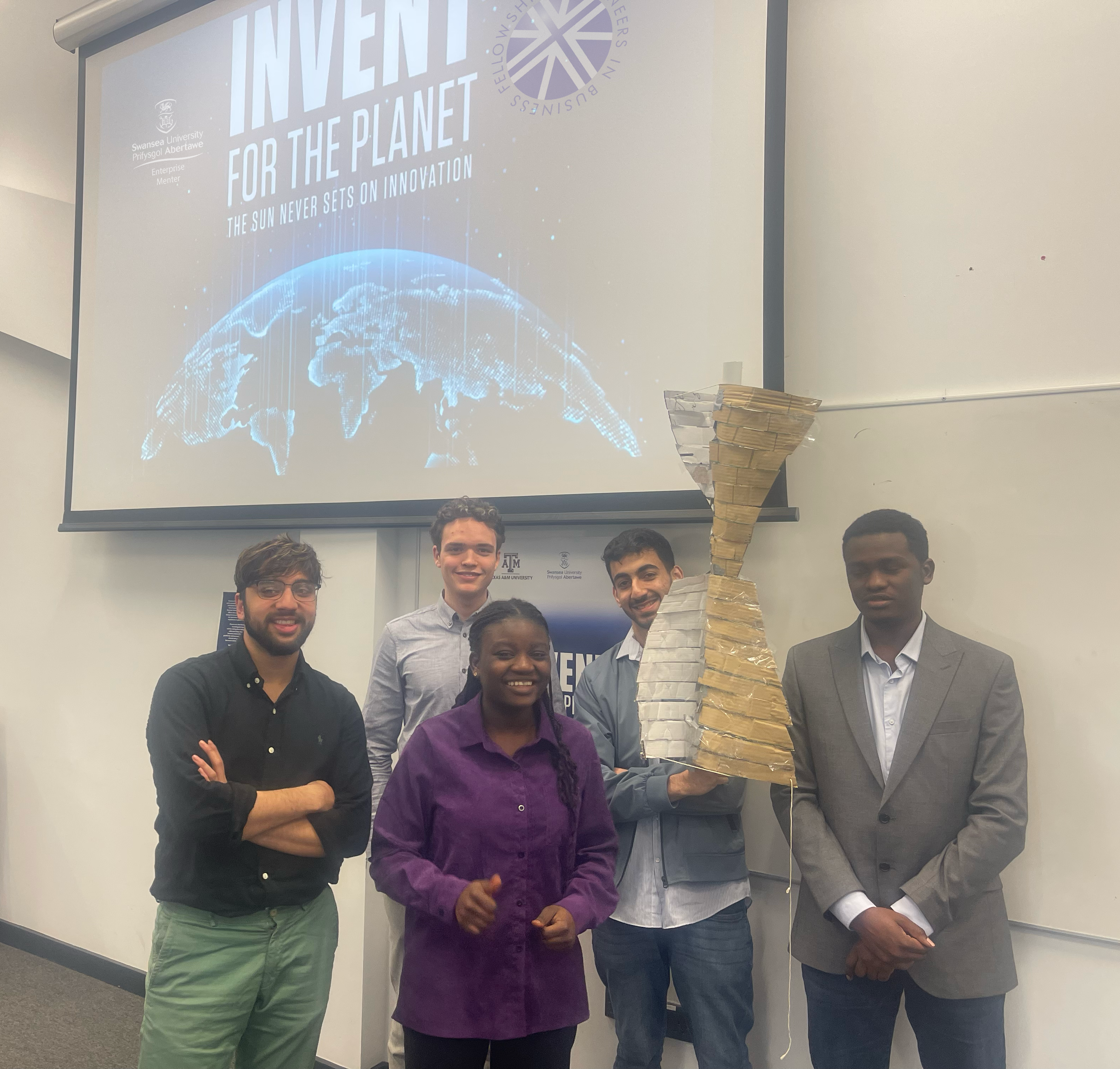
Third Prize Winner: Combi-Nation
Team Combi-Nation comprised, left: Abdullah Zamir, Chemical Engineering. Top left: Dylan Standen, Physics. Bottom Left: Oluwadara Bobade, Electronic and Electrical Engineering; Usman Malik, Aerospace Engineering and Alaa Aldeen, Applied Medical Sciences – £500 Engineers in Business Prize.
Combi-Nation provided a solution to the Need Statement about Affordable and Clean Energy: Combi-Nation designed a VAST taking inspiration from the design of the VAWT, the solar panels and the solar paint. The VAST they designed is 50% more efficient than the VAWT. The design optimises the surface area along with the energy generation. The VAST is made from aluminium and fibreglass, alongside solar panels and paint. All the materials designed for the VAST would on average last 20-30 years. The VAST collects energy from various sources of energy and sends it to the battery storage at the bottom of the design, which then powers the house.
The top of the VAST is a solar panel attached to the vertical wind vane, and the side would be spray painted with solar paint. The local population would be able to choose the colour of the paint which could help blend into the local landscape. VAST’s goal is to generate enough power for people to cook and for the family to spend time together when natural light is no longer available. The design should allow generation for eight hours of light and six hours of cooking.
Positive feedback
In our fourth year of running Invent for the Planet, we are still in awe of the ingenuity that students demonstrate when developing their ideas. The funding provided by Engineers in Business Fellowship allows us to demonstrate the value of Invent for the Planet to future students, as well as raising the profile of the event and Engineers in Business.
Dr Caroline Coleman-Davies
Deputy Head for Academic Partnerships
Swansea University
